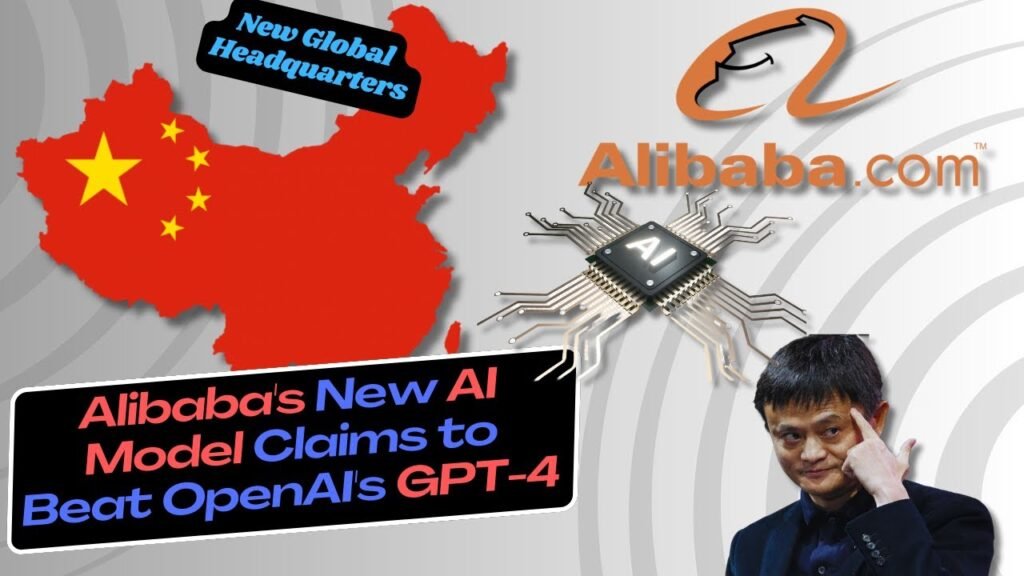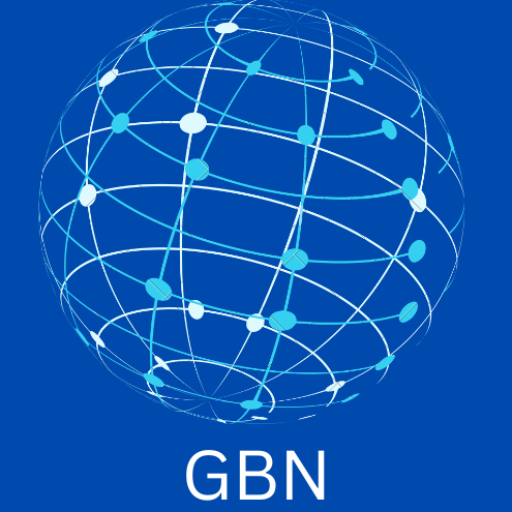
China’s artificial intelligence (AI) landscape is undergoing a seismic shift, with tech giants like Alibaba, Tencent, and ByteDance leading the charge. Overnight, Alibaba launched an advanced reasoning AI model, further cementing China’s dominance in AI innovation. This breakthrough follows the momentum set by DeepSeek, a pivotal development that has propelled Chinese tech stocks to unprecedented highs this year.
The AI Stock Boom in China
The surge in AI advancements has had a profound impact on China’s tech market. The KWeb China ETF, a key indicator of Chinese tech performance, has been significantly outperforming both the Magnificent Seven (America’s top tech stocks) and the Nasdaq year-to-date. Notably:
- Alibaba’s shares have surged by 65% in this period.
- China’s largest semiconductor company, SMIC, has soared nearly 80% in Hong Kong this year, despite global chip market volatility.
This bullish trend began with DeepSeek’s breakthrough and has been continuously fueled by successive AI model advancements from major Chinese tech firms. Moreover, the recent support from the Chinese Communist Party (CCP), which pledged to foster AI industry development, has further strengthened investor confidence, offsetting concerns over U.S.-China trade tensions.
China’s AI Gains and the AGI Debate
China’s rapid AI advancements have ignited a significant debate within the global AI community. A recent policy paper, co-authored by former Google CEO Eric Schmidt, Scale AI CEO Alexander Wang, and Center for AI Safety Director Dan Hendricks, introduced a controversial idea: mutually assured destruction for AI. The authors argue that the U.S. should reconsider its race toward artificial general intelligence (AGI)—the pinnacle of AI capable of human-like reasoning and problem-solving.
Their reasoning draws a parallel with nuclear deterrence: just as no country seeks a monopoly on nuclear weapons for fear of a preemptive strike, dominating ultra-powerful AI could trigger unforeseen risks. They caution against an unchecked race toward AGI, suggesting that China’s recent AI progress makes the competition more unpredictable.
The Divided AI Community
Not everyone agrees with this stance. Sam Altman (CEO of OpenAI) and Masayoshi Son (CEO of SoftBank) are among those pushing forward with Project Stargate, an ambitious initiative aimed at developing AGI. Their mission? To create AI that serves the entire world. However, China’s rapid AI growth has sparked fresh concerns about AI safety and regulation, putting these efforts under intense scrutiny.
The Future of AI: A New Global Balance?
China’s AI trade is no longer playing catch-up; in some areas, it may even be pulling ahead of the U.S.. With government backing and continuous breakthroughs, China has firmly established itself as an AI powerhouse. Meanwhile, as AI safety discussions resurface, the world is witnessing a fundamental shift in the AI narrative.
The questions remain: Will China’s AI dominance reshape the global tech landscape? And how will policymakers, businesses, and researchers navigate the ethical dilemmas surrounding AGI? As the race for AI supremacy heats up, one thing is clear—this is just the beginning.
Conclusion
The AI battle between China and the U.S. is more intense than ever. While Chinese tech stocks soar, the debate over AGI and AI safety grows louder. The world must now decide how to balance innovation with responsibility.
What are your thoughts on China’s AI rise and the AGI debate? Share your insights in the comments below!
